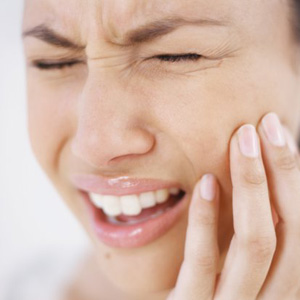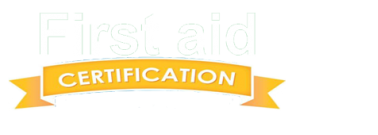Oral sores or mouth ulcers refer to sores that appear like craters on the surface of the lip or mouth. Mouth injuries occur as a result of injury to the mouth, infection or inflammation. Mouth ulcers are commonly caused by gingivitis, cold sores and dentures.
Oral sores may cause problems such as mouth pain, tongue pain, tongue sores, mouth swelling, tongue swelling, difficulty chewing or swallowing, tongue redness, swollen glands in the neck and fever.
Mouth ulcers are often treated deepening on the underlying cause. Your dentist may recommend mouth gargles, salt-water gargles, antiseptic mouthwash, antibiotic medication, antiviral medication, non-steroidal anti-inflammatory medication for pain and vitamin B12 supplements.
Disclaimer: this post on managing oral sores is for learning purposes only. To learn to manage serious injuries, wounds and blisters sign up for first aid and CPR classes with a St Mark James Training provider.
Risk factors
Common risk factors associated with oral sores or mouth ulcers include:
- Smoking
- AIDs
- Chemotherapy
- Family history of cancer sores and ulcers
- Cancer
- Diabetes
Causes
Causes of oral sores include:
- Aphthous ulcers
- Behcet’s syndrome
- Chicken pox
- Chemotherapy medication
- Chipped teeth
- Cold sores
- Dental appliances – they may rub against the mouth or tongue
- Drug side effects
- Gingivitis
- Food allergies
- Hand and mouth disease
- Herpangina
- Herpes gingivostomatitis
- Licken planus
- Lupus
- Kawasaki disease
- Mouth caner
- Poorly fitted dentures
- Mouth wash or toothpaste allergies
- Reiter’s syndrome
- Sjogren’s syndrome
- Tooth brush injures
- Stress
- Vincent’s stomatitis
Signs and symptoms of oral sores
- Mouth or tongue pain
- Mouth or tongue sores
- Mouth or tongue swelling
- Mouth or tongue tenderness
- Mouth or tongue redness
- Difficulty chewing
- Difficulty swallowing
- Swollen glands in the neck
- Fever
Treatment
Specific treatment prescribed by your dentist may include:
- Antibiotic medication or antiviral medication as prescribed by your dentist
- Vitamin B12 supplements
- Topical retinoid
- Topical corticosteroids
- Topical immunomodulator medication
- Hydrogen peroxide mouth wash
- Chlorhexidine gluconate
- Topical lidocain or benzocaine
- Topical occlusive
Other treatment measure and home care steps include:
- Antacid gargles
- Antiseptic mouth wash
- Drinking cold fluids
- Non steroidal anti-inflammatory medication for pain
- Saltwater gargles
- Good oral hygiene
- Oral friendly diet – eliminate foods that may trigger mouth ulcers, maintain a food journal, avoid salt and spicy food
- If oral sores occurred as a result of quitting smoking or tobacco, consider nicotine replacement therapy to prevent ulcers
Prevention
Follow these steps to prevent mouth ulcers:
- Quit smoking
- Avoid passive smoking
- Drink alcohol in moderation or avoid it completely
- Avoid caffeine
- Take vitamin B and vitamin C supplements
- Brush your teeth after every meal and before bedtime
- Floss daily
- Dirge with saline solution
- Get regular dental checkups
Complications
Complications associated with mouth ulcers include:
- Mouth cancer
- Dehydration
- Herpes keratoconjunctivitis
- Herpes encephalitis
- Meningitis
- Convulsions
Learn More
To learn more about serious medical emergencies such as wounds, bleeding, fever’s and infection sign up for first aid and CPR training with St Mark James training affiliates.
Related Video
http://www.youtube.com/watch?v=_3nfBlYuN0I
